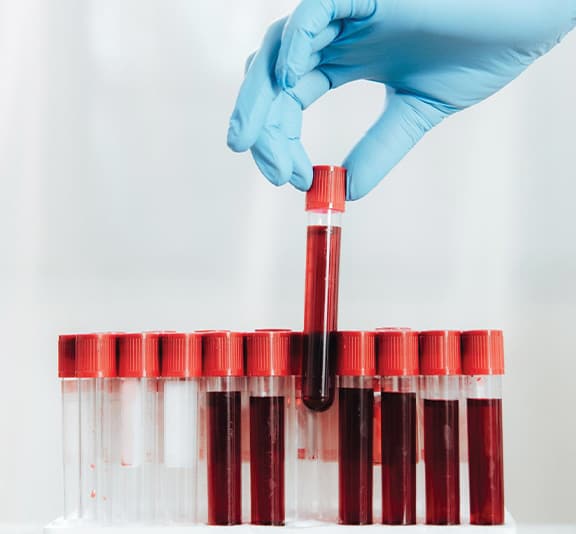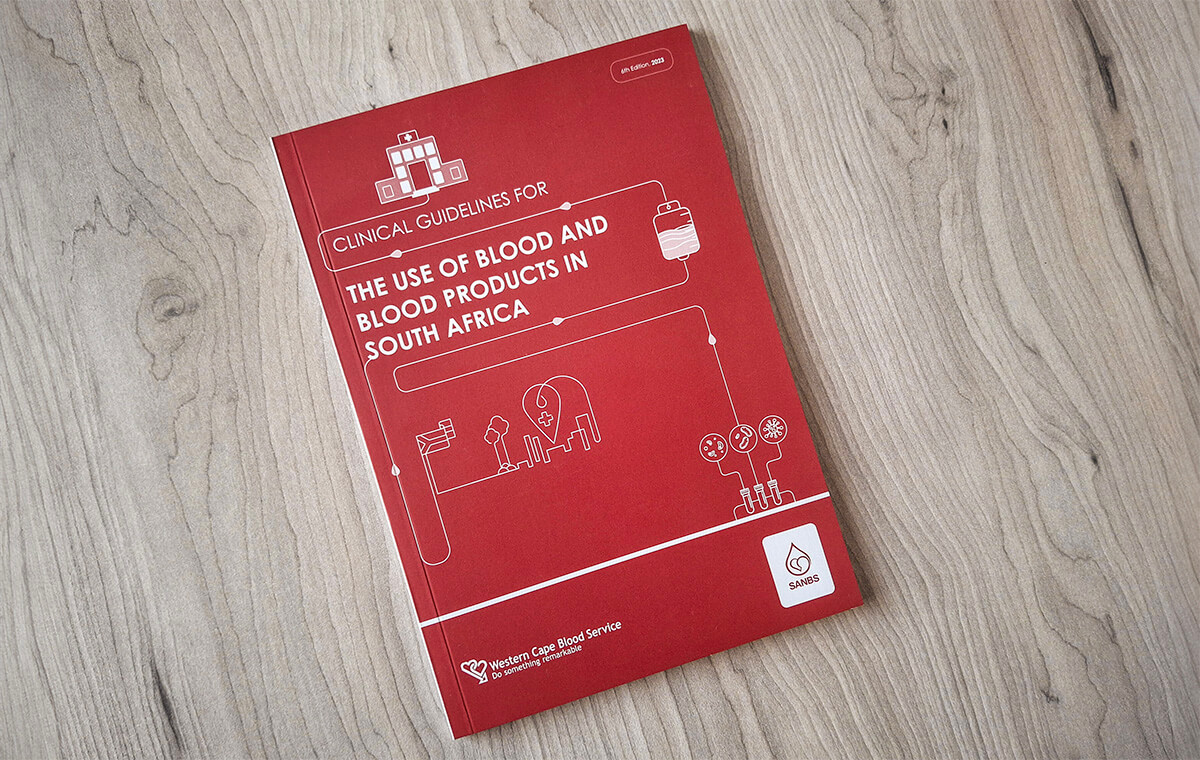Home
Deferrals
What is a Deferral?
A deferral is when a blood donor is asked to wait for a specified time before donating because they don’t qualify for donation due to various health-related issues.
Deferral from blood donation may either be temporary or permanent.
Fortunately, most deferrals are temporary and donors are encouraged to return at a later date.
Reasons for Deferral May Include:
1
Not feeling well, sore throat, cold, respiratory infection, flu, cold sore
Can donate when symptom-free
2
Antibiotics (except antibiotics for acne)
Can donate 7 days after completion of antibiotics course
3
Acupuncture
No waiting period provided procedure was conducted under sterile conditions
4
Piercings, tattoos, permanent make-up
Can donate 3 months from the date of tattoo or piercing
5
Pregnancy and breastfeeding
- Can donate 3 months following a normal delivery or 3 months following Caesarean Section delivery
- Mothers who breastfeed can return to donate once breastfeeding has stopped
6
Routine dental work
Can donate 1 day after procedure
7
Complicated dental work
Can donate 3 days following the procedure
8
Major surgery work
- Any procedure that required the donor to stay in hospital for one or more nights
- Any procedure where a scope was used, including gastroscopies, colonoscopies, arthroscopies and laparoscopies
- Can donate 3 months from the date of procedure, provided there are no complications
9
Minor Surgery
- Any procedure that was performed in the doctor’s rooms or as a day procedure in the hospital
- Can donate 2 weeks from the date of the procedure
- If you received blood or blood products you may not donate for 3 months from the date of the blood transfusion
- PLEASE NOTE: there are exceptions to the above rule (brain and cardiac surgery, etc.) Contact the Donor centre for acceptability criteria
10
Taking Aspirin
No waiting period for donating whole blood, but you will have to wait 7 days from the last dose of Aspirin before donating platelets
11
Confirmed Malaria Infection
Can donate 3 years after completion of Malaria treatment
12
Travelled to a Malaria area in South Africa
Can donate 4 weeks after returning from Malaria area
13
Grew up in a Malaria area outside South Africa
If the time absent from the area is:
- More than 3 years (no visits back to the area), the donor is permitted to donate if they fit all donation criteria
- Less than 3 years (the donor has revisited the malaria area within the 3 years even after having donated); they must wait 3 years from the date of return from the Malaria area before they can donate
- Donors who grew up in a malaria area outside of South Africa are eligible to donate Source Plasma at any SANBS fixed donor site, provided they meet the SANBS minimum criteria for source plasma donation.
14
Low iron levels
Waiting period is 3 to 6 months, depending on iron level
15
Hepatitis
- Hepatitis A (yellow jaundice): Can donate 03 months after full recovery.
- Confirmed Hepatitis B & C. This is currently a permanent deferral
16
Donors over the age of 75 years
- New donors are now accepted up to 75 years old
- Regular donors over the age of 75 years may continue donating blood without a doctor’s letter.
- Whole blood donation interval is 80 days for donors aged above 65 years
17
Medication
- In most cases, medication will not disqualify you from blood donation. Inform our clinic staff of any medication you are taking. They will advise on whether you may donate
- Alternatively, contact our Customer Service department with the list of medications you are taking. We will advise on whether you can donate. customerservice@sanbs.org.za or 0800 11 90 31
Comprehensive list of deferrals
Click here for a complete list of deferrals
Click here for a complete list of deferrals

Organise a blood drive!
Help SANBS recruit new blood donors by organising a blood drive in your community,
office, school, college, church, or residential complex.









